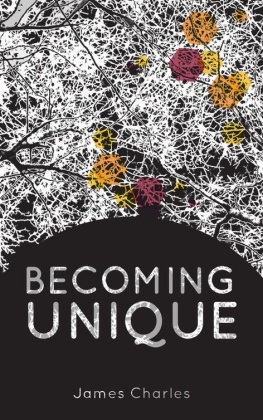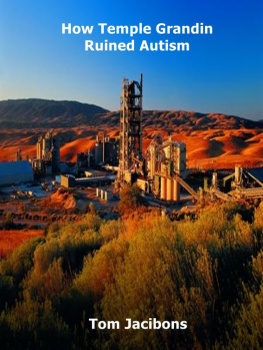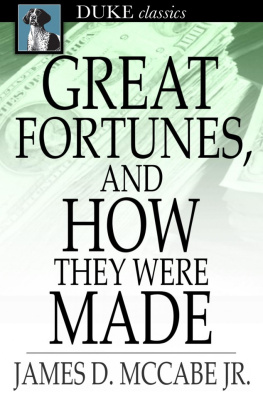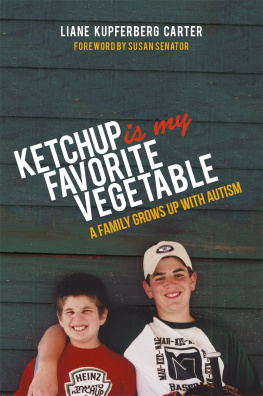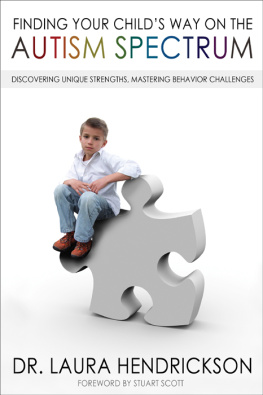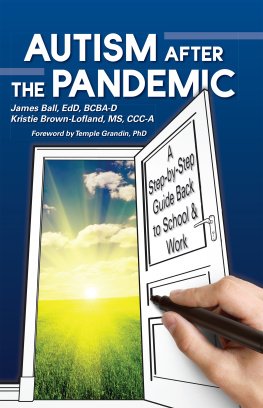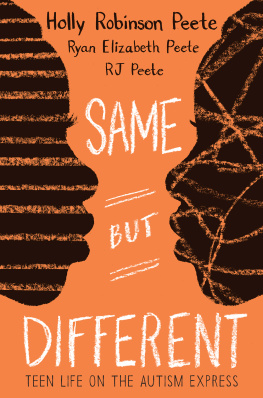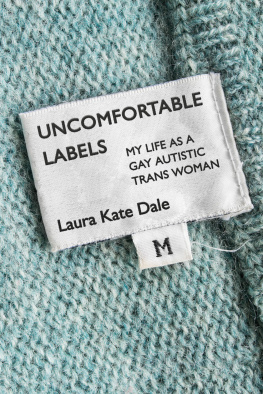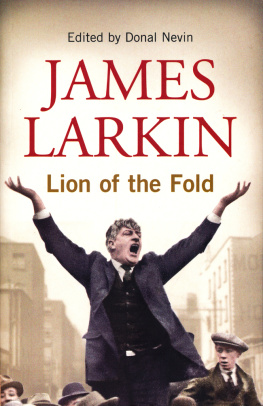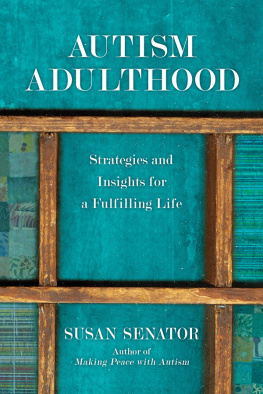This book is dedicated to the many silent voices of Autism, as well as the countless unpaid and forgotten carers. This book is also dedicated to the many been bullied, threatened and abused due to disability, religion, race, nationality, opinions and sexual orientation. While remembering these many victims, lets not forget many, who fought against bigotry, discrimination and against the many injustices throughout history. At this stage I would like to remember lost family members and friends who made valuable contributions to my self-worth. I would like to thank my wife Helen for her ongoing support. Thanks to my parents, the Cattell family, brothers, sisters, nieces, nephews, inlaws and extended family of cousins, aunts and uncles. I would also like to thank Michael Bermingham, Devi Kularatne and Ann Hill, as well as the book publishers.
Creativity comes in many forms; we see it mostly in artists, musicians, poets and writers. As a music lover I have seen many greats making cover versions their own, for it has been said Shakespeare made many existing plays his own. Even today we see photographs of particular locations as just another photo, while another photo of the same location may become a masterpiece. Creativity can be shown in peoples taste of music or taste in literature. Even within those books peoples individuality and creativity can be shown in what they underline, as they read.
(Myself, 2014)
Book writing was something I always wanted to do; after all, as a teenager I had a strong desire to be a journalist. Although some of the books I thought about writing then, I can certainly say now Im glad I never got started on, never mind got published. Yet as my teens progressed I learnt of the great Irish contribution to English literature, for instance, Yeats, Wilde, OCasey, Joyce and Behan and the list could go on. However, living in the literature world came to an end on entering the working world, where creative thinking and problem solving served no purpose in many jobs. Saying that, I still would love to work as a journalist, as I remember when growing up in Ireland I wanted to expose the exploitations of the money lenders, but writing now theres many more truths I wish to see exposed and I still feel very strongly about the ethics of journalists and the battles they face with the owners of the media.
There are many journalists I have admired over the years, who include John Pilger, Fintan OToole, Paul Foot and the many journalists who worked for newspapers like The Guardian, The Independent and New Statesman. While I was growing up in County Leitrim, Ireland, there were two particular journalists that inspired me who wrote for the Longford News and the Leitrim Observer. Sadly I cannot remember their names, but then it is my inability to remember that has contributed to my struggles in education over the years. Yet over forty years ago education and learning gave me a great dislike of book reading and attending school.
Attending school became a different experience for me when I started attending school in Ireland. Despite that, my parents worked hard to teach us to read and the teachers did play their role well. My interest in reading was helped by my love for history especially, and writing now I think it is very important to explore childrens interest, as an encouragement for those having reading difficulties. In my school days there was often little consideration for kids who may have had mental health issues, dyslexia or autism. Having struggled to learn to read, the next demon was spelling, which led to much caning in school. My hatred for spelling was overtaken by hatred for poetry, so it will surprise many that I have included some of my poetry in this book. It was often asked, what use is poetry when entering the work world? The answer to that question is I dont know, but I do feel if some people working on the buildings learned more history, there would be better regard for old historic buildings. While school may not have been for everyone, subjects like history have even been questioned by certain historians, who say history is told by winners.
Becoming an historian and rewriting history was not an option for me, when leaving school with a struggling leaving cert. Yet many pupils completing their leaving cert were inspired to write by the story of Peig Sayers, which was part of the Irish leaving cert syllabus. Peig Sayers was a woman from County Kerry in Ireland who lived through hard times in the late nineteenth and early twentieth centuries. Whats interesting is that the story of Peig Sayers is told by word of mouth and, I was to later learn, there were many more books relayed by illiterate people. By my late teens I had developed an interest in poetry as I was inspired by the punk poet John Cooper Clarke. I had also realized that poetry was the backbone of some of the greatest songs ever written. However, this sense of cultural awareness was irrelevant when moving to England in 1986.
By the end of 1986 I was working in unskilled manual work in Luton. At times I felt no different from my parents generation, who had emigrated to England with only a primary school education. However, by the end of 1987 I was a part-time student, I had left Luton and I was starting to meet more like minded people. My hopes to become a writer were given a boost when I was complimented on my report writing ability. It was around this time I started writing poetry. My first poem, This World, was written as a means to ventilate many of my frustrations. Later some of my poems would be collaborated into songs with some friends, but my desire was to write a novel.
The first novel I attempted to write was about a young Irish poet who moves to London, with the hopes of becoming a rock star. The book starts with the young man starting off his first band in Ireland and the band making the first gig at a local charity concert. Sadly the band breaks up after a few months, following many disagreements. The book looks at the young man making an impact in London and experiencing a great homecoming gig. Part of the book was based on my wish to be in music and live a cosmopolitan lifestyle in London, but I found the experience of writing the book a drag. The story continues with the young man falling in love, but that soon ends and he commits suicide. This was the late 1980s and I felt I lacked the imagination to write a novel.
About the same time a friend of mine who had read some of my poetry suggested I write a book about my arrival in England. When starting writing it I felt that sharing the fact I had failed many job interviews and got sacked from a number of jobs would be a family embarrassment. Another fact had to be admitted: to being educated later than many and having to lie about my age. While many mature students were happy to talk about quitting education due to lack of interest or wanting greater adventure, this was not the case for me. I was a mature student because I was too fucking thick and over the years my many battles with work management would be due to incompetencies. Yet in my line of work as a teaching assistant many kids will brag about failing maths, but difficulty in reading can still be a taboo and a silent embarrassment for many. As was my own difficulty in education in the early 1990s.
The early 1990s was a time my heart was broken by love and the terrible state of the world gave me much ammunition to write poetry. Around the same time I was writing my agony of love journals, with the hope of turning them into a novel. Despite disguising names and places, I decided to abandon the project. I also felt it brought up too many painful recordings, as well as exposing certain individuals. As the 1990s progressed I changed location many times, which meant losing not only much music, books and other belongings, but also my writing material. However, some of the recorded and ventilated painful memories were something that perhaps needed to go. Although losing my poetry collection was a loss as I had hopes of putting all my poetry together in one book.

